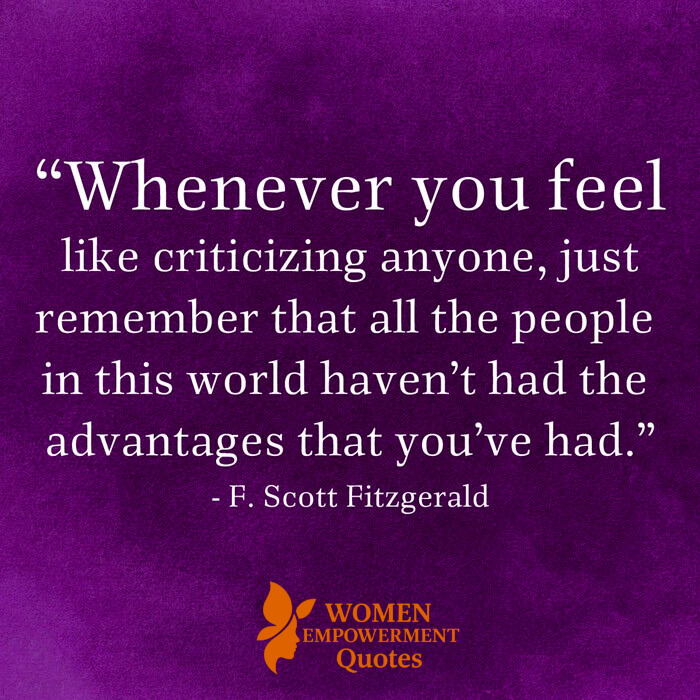
In a world quick to judge and slow to understand, F. Scott Fitzgerald’s timeless words call us to pause. Rather than rushing to criticize, we are urged to consider the unseen battles and unequal beginnings that shape each person’s journey.
Not everyone starts life at the same line. Some are born into abundance—safe homes, good schools, loving families. Others are handed hardship—poverty, trauma, or broken systems that limit their ability to thrive. These hidden factors often determine far more than effort ever could. From the start, life is deeply unfair. And yet, we often hold others to standards shaped by privilege, not perspective.
Beyond external circumstances, inner battles rage too. Mental health, emotional wounds, past abuse, and chronic stress aren’t always visible. Yet they shape behavior, choices, and dreams. We may see failure, when what’s really there is someone just trying to survive.
Fitzgerald’s quote reminds us that success is never just about willpower. It’s woven from a complex mix of luck, resilience, support, and timing. Recognizing this invites us into empathy—a quiet but radical act in a noisy world.
One of the most powerful tools for building this empathy is storytelling. Through novels, films, and personal narratives, we step into lives unlike our own. We feel what others feel. We hurt with them. We hope with them. Fiction becomes more than entertainment—it becomes a mirror, revealing truths we might otherwise ignore.
Stories break down barriers. They help us see beyond race, class, or background, and connect to the soul within. When we read about someone battling addiction, or growing up in war, or simply trying to be seen, we begin to understand. We soften. And from that place of softness, change begins.
This shift—this opening of the heart—matters. It shapes how we treat our neighbors, our coworkers, strangers on the street. It makes room for patience, for listening, for compassion over condemnation.
Because at the end of the day, most of us are just doing the best we can with what we’ve been given.
Quotes to Reflect On:
-
“If you judge people, you have no time to love them.” – Mother Teresa
-
“Before you judge a man, walk a mile in his shoes.” – Billy Connolly
-
“The highest form of ignorance is when you reject something you don’t know anything about.” – Wayne Dyer
-
“We must become the change we want to see in the world.” – Mahatma Gandhi
Let us choose empathy—not just as a feeling, but as a way of living. One step at a time. One heart at a time.